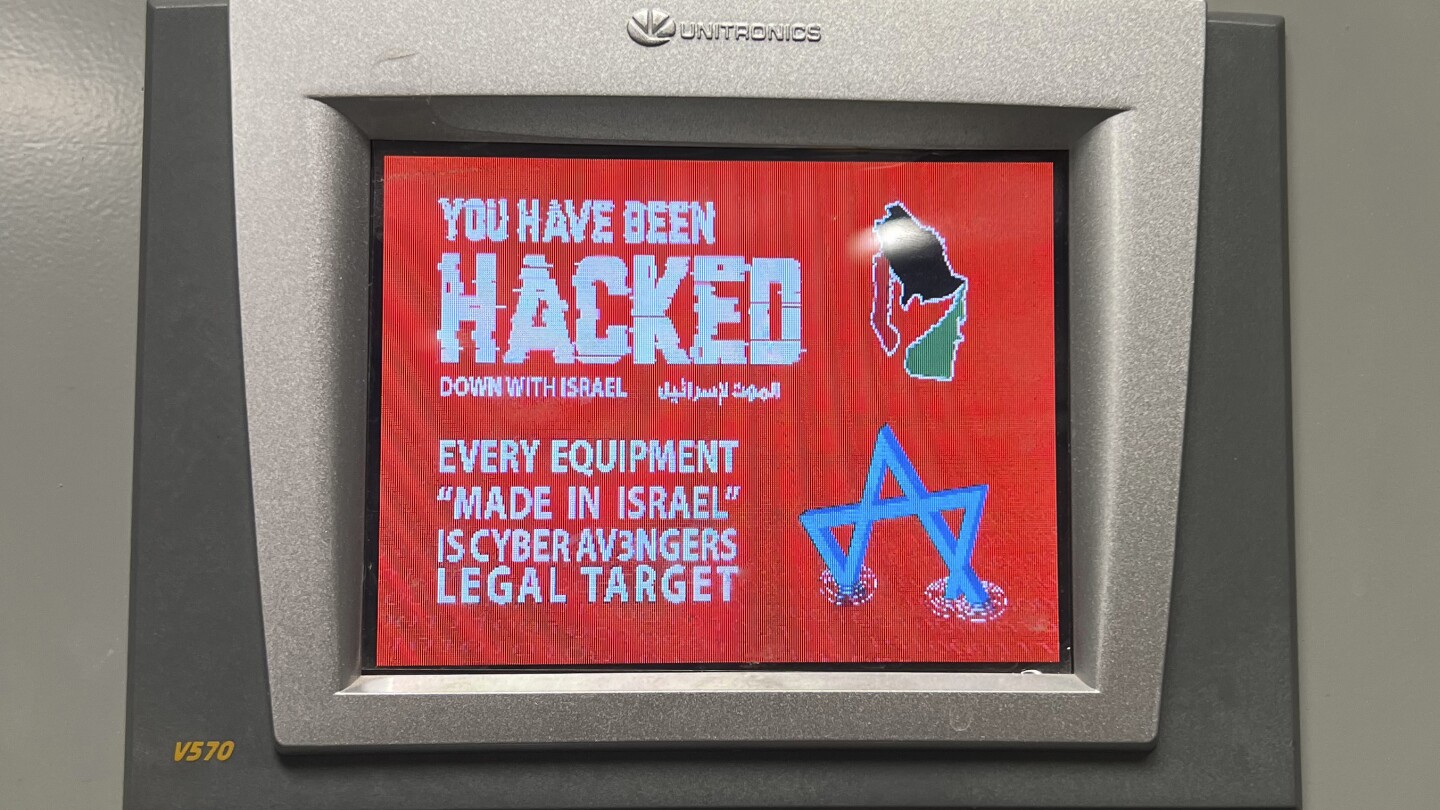Cyberattacks against water utilities across the country are becoming more frequent and more severe, the Environmental Protection Agency warned Monday as it issued an enforcement alert urging water systems to take immediate actions to protect the nation’s drinking water.
About 70% of utilities inspected by federal officials over the last year violated standards meant to prevent breaches or other intrusions, the agency said. Officials urged even small water systems to improve protections against hacks. Recent cyberattacks by groups affiliated with Russia and Iran have targeted smaller communities.
Some water systems are falling short in basic ways, the alert said, including failure to change default passwords or cut off system access to former employees. Because water utilities often rely on computer software to operate treatment plants and distribution systems, protecting information technology and process controls is crucial, the EPA said. Possible impacts of cyberattacks include interruptions to water treatment and storage; damage to pumps and valves; and alteration of chemical levels to hazardous amounts, the agency said.
…
McCabe named China, Russia and Iran as the countries that are “actively seeking the capability to disable U.S. critical infrastructure, including water and wastewater.”



“I don’t need a safety on a gun! Safety is for sissies! …[incident]… Gah, I just blew my fucking foot off! Why didn’t anybody WARN me of the danger, this is all the goverment’s fault!”